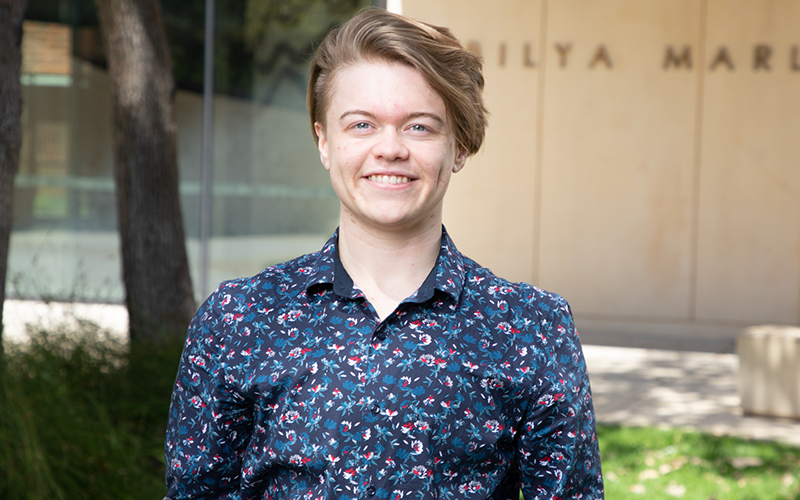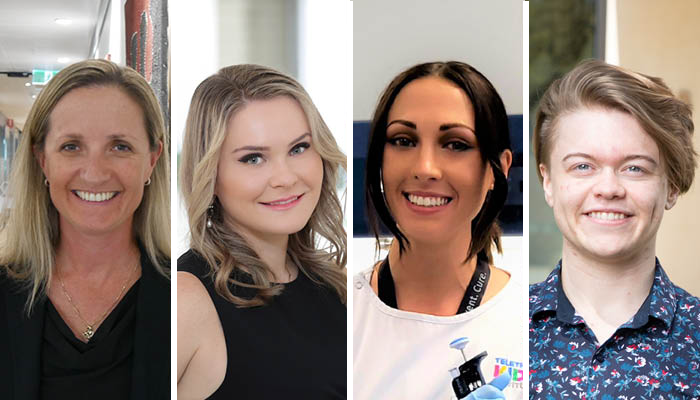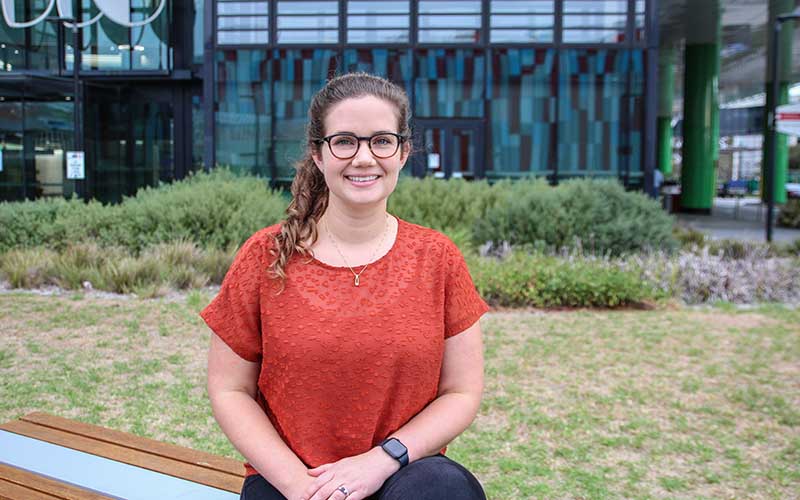Search
Hospital-treated self-harm is common, costly, and strongly associated with suicide. Whilst effective psychosocial interventions exist, little is known about what key factors might modify the clinical decision to refer an individual to psychiatric in- and/or out-patient treatment following an episode of hospital-treated self-harm.
Mental ill-health and substance use bear a substantial burden and harm on young people and often arise from co-occurring and compounding risk factors, such as traumatic stress. Trauma-informed prevention of mental ill-health and substance use demonstrates significant promise in reducing this burden.
Intergenerational trauma research typically focuses on parent survivors. No specific guidelines are available for conducting research with parent survivors despite potentially unique risks. To investigate research safety with parent survivors, we conducted an online survey of 38 researchers regarding experiences of parent survivors in their research, precautions taken, ethical review experiences, and researchers’ mental health during the project(s).
The formation of online communities instils a sense of connectedness which can ameliorate the mental health concerns that result from minority stressors for lesbian, gay, queer, intersex, asexual, and other diverse genders/sexualities (LGBTQIA+). The aim of this study was to explore how LGBTQIA + people communicate social and mental health concerns on TikTok.
Developmental language disorder (DLD) is one of the most common neurodevelopmental conditions. Due to variable rates of language growth in children under 5 years, the early identification of children with DLD is challenging. Early indicators are often outlined by speech pathology regulatory bodies and other developmental services as evidence to empower caregivers in the early identification of DLD.

Senior Research Officer

The generous support of West Australians through Channel 7’s Telethon Trust will help support vital child health research at The Kids Research Institute Australia in 2023.

Youth mental health researcher named joint winner of the Shell Aboriginal STEM Student of the Year category at the 2022 Western Australian Premier’s Science Awards.

Four The Kids Research Institute Australia researchers from a diverse range of fields have been named as finalists for the prestigious 2022 Premier’s Science Awards.

Dr Penelope Strauss will use a prestigious Post-Doctoral Fellowship from Suicide Prevention Australia to develop and trial a world-first intervention.
